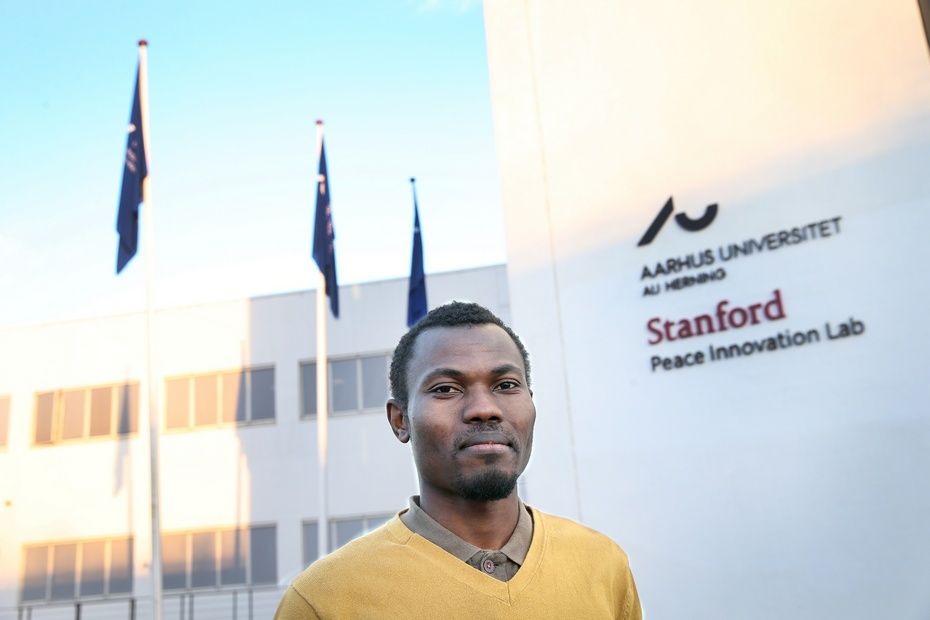Following a number of high-profile cases in the media, the government has decided to ease legislation relating to when international students should be deported or expelled because they’ve worked too much.
The immigration and integration minister, Inger Støjberg, has decided to make the change, citing a need to change rules that are too rigid and group everyone in the same boat.
“In the future, we will be distinguishing between serious violations and violations of a lesser character,” Støjberg told Politiken newspaper.
As of today, students from developing nations may only work a total of 20 hours per week on average – aside from summer months – or they face being deported.
READ MORE: Exile over, Marius Youbi is all set to return to Denmark
Youbi doobie doo!
According to the new rules, the authorities must check if the students have been working too much every third month, and if so undertake a specific evaluation of the extent and character of the violations.
Serious violations are defined as cases in which students have worked without a work permit or more than 30 hours per week.
Among the parties to support the law change are Radikale, Enhedslisten and Socialdemokratiet.
“We need to attract skilled foreign labour, so it doesn’t help to rigidly throw people out if they’ve accidentally worked an hour or two more than what they’re supposed to,” said Dan Jørgensen, the immigration spokesperson for Socialdemokratiet.
Probably the most high-profile case in this matter involved the foreign ‘super student’ Marius Youbi, who in January was deported to his homeland Cameroon for working an hour and a half over the legal limit. He later managed to return to Denmark.














